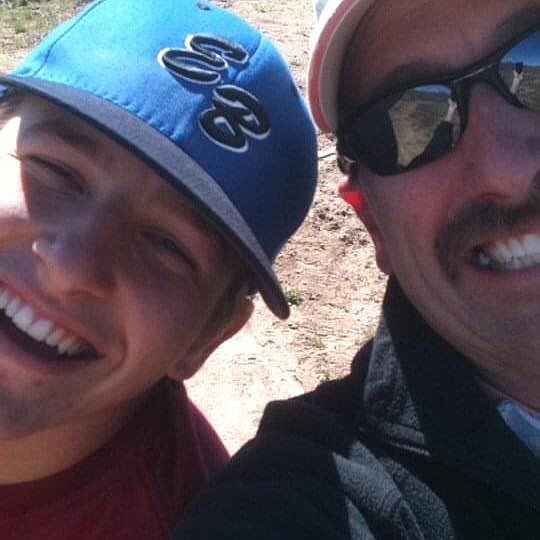OPINION: Suicide prevention faces harsh challenges ahead
This fall marks a time of great concern for the mental health and wellbeing for the citizens of our country. Our family knows loss. Cameron Wilder was 17 years old. Cameron wowed audiences with his singing and acting. He stood up for peers who were bullied or left out. Cameron died just after starting his junior year of high school. His forever decision was on the first day of National Suicide Prevention Week, 2013.
National Suicide Prevention Week begins on Sept. 6. This year, it will be more important than ever for everyone to be aware of suicide prevention. We, and the people we love, will be dealing with more months of the COVID-19 pandemic, rising infections and death tolls, and national economic and societal challenges. Together we face:
• The dark days of fall and winter, social distancing and isolation.
• Uncertainties about school, and child care.
• Cancellation of sporting events.
• Crushing unemployment with people unable to pay rent, hungry and homeless.
• A potential “Twindemic”: Influenza and COVID-19 combined increasing infections and death rates.
• The November elections
Are we prepared to prevent the pandemic’s fallout and increasing mental health crises and suicidality? Those of us working in social services and medical fields are already seeing increases in leading risk factors: depression, anxiety, drug and alcohol use, hopelessness, domestic violence, and child-abuse.
Building blocks for coordinating COVID-19 mental health campaigns already exist in many communities. They include mental health professionals and social workers, school counselors, medical and nursing professionals, medical reserve corps, public health districts, and many others. Who else can and will help? Survivors of suicide, Non-Governmental Organizations working in mental health, faith communities, tribal elders and cultural leaders, emergency responders, state and local officials and so many others.
We are asking the National Governors Association and the National Congress of American Indians to step up. We must make suicide prevention first-aid training universal and get our communities through the coming dark days. Coordinated awareness campaigns for this effort must run between Labor Day and Memorial Day.
Death by suicide is not a partisan issue. We need governors to work together, coordinating state resources across political boundaries. Idaho, Washington and Oregon are taking first steps to work across state boundaries in this effort.
Idaho, proudly, is taking a leading role in our efforts to implement our 5-year suicide prevention plan with stakeholders across the state and each public health district. Working with both state and private sector with the support of our Legislature, we are moving forward in a concerted effort.
At the national level on policy and funding, disparity between physical health and mental health remains a big problem: Congress must close the gap for the health and safety of our nation. We have amazing champions on so many levels in Idaho and we hope to lead by example for others to follow.
What can you do to help? Be vigilant for those around you who may be struggling. Ask if they are OK. Educate yourself on suicide prevention resources and training. Write your member of Congress to better support suicide prevention. Volunteer to help those in need. Mostly, shine a light of hope to help others survive these challenging times.
If you are struggling, feeling concerned for another, or thinking of harming yourself, call 1-800-273-TALK (8255) or text HOME to 741-741. We are all in this together.
Stewart Wilder is President of the Idaho Suicide Prevention Coalition and LiveWilder Foundation, Co-Chair of the Idaho Suicide Prevention Action Collective, and member of the Idaho Governor’s Council on Suicide Prevention. John Osborn is an emergency room physician in Seattle and co-coordinates the Vashon Medical Reserve Corps.

